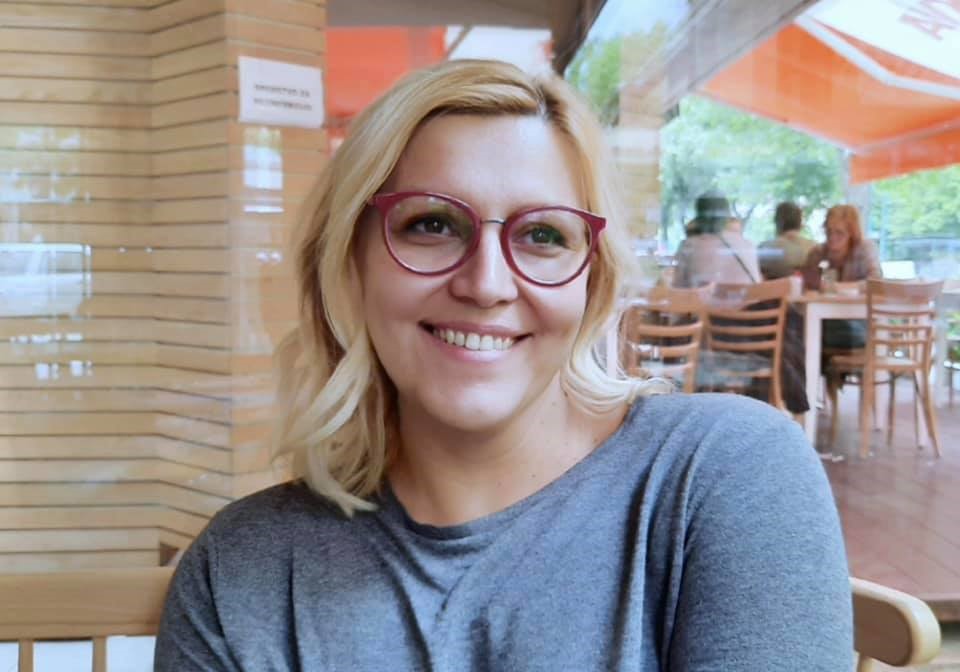Interview
Project “YOUth Ambassadors of Non-Formal Learning”
Country: Bosnia and Herzegovina
Interviewer: Maja Vejzovic
Interviewee: Katarina Vuckovic, Institute for Youth Development KULT, Program Manager
Date and Location: May 25, 2020, Mostar
Note: Interview was conducted online
List of questions for the Interview:
1) Is the law defining NFE in your country? If yes, please describe what the law says.
The Institute for Youth Development is not working directly in design and implementation on law on NFE. However, our work is directly tackled by these legislation work. In this sense, the Institute is consulting the Law on Education of Adults in all level of governance where this law is existing. The BiH education system is very complex. Thus, the NFE issues in legislation terms are also very complex and distributed among numerous of education ministries within the country. Recommendations on the recognition of non-formal education and informal learning defines non-formal education is an organized process of learning and education aimed at improving, specializing and supplementing knowledge, skills and abilities according to special programs conducted by education organizers (regular schools, training centers, companies, agencies, etc.). However each education responsible ministry is dealing with adult education on their own terms and in some cases like Canton Sarajevo these are defined by Law on Adult Education.
2) Please describe the existing strategies, action plans that define non-formal learning in your country?
I am not aware of any at state level.
3) Have you been involved in the development of a strategy / action plan / law in excess of the NFE issues?
The Institute is involved in the development of youth policy documents in several different cantons, municipalities and entities. These are including measures toward promotion of NFE with youth and inclusion of NFE in youth programs. In adult education the Institute supported creation of curriculum and rules of procedures for education of municipal Youth Officers in FBiH. Link to the procedures document https://www.scribd.com/document/415320412/Pravilnik-Za-Obuku-i-Certificiranje-Sluzbenika-ca-Za-Mlade
4) Do you work on promoting NFE and how?
Yes. The Institute has several different training programs that are traditional for specific youth groups. We are working in its development and promotion daily. These are focusing on youth, young politicians, youth workers and municipal youth officers. The most popular one is Learn, Think and Act! What does it mean for young adults you can check in the web https://www.youtube.com/watch?v=T0AjkoY-zMo
5) For your institution/CSO how young people recognize NFE?
Among young people we work with NFE is recognized as a valuable tool for personal development and that makes concrete support to their professional development too. Certificates and recommendations from the Institute supported young people's application process in the job market and in academic development in numerous examples.
6) What are you doing about NFE in term to make closeness with youth?
In every youth policy development process young people are directly involved and invited to propose ideas and give solutions to youth issues including NFE.
7) Have you involved young people in the process of bringing about things that are relevant to non-formal education?
Yes, youth councils, youth organizations and young people are sitting at the same table with decision makers when youth policy is developed. This way young people are able to introduce the importance of NFE to youth policy measures and actions plans.
8) Should the Government get involved and make an even bigger contribution when it we are speaking about youth and policies about youth?
Youth policy is clearly defined by 3 youth laws in BiH. It is not up to governments’ will to have this involvement; it is obligation by every level of governance to work on development of youth policy documents and its implementation. Yes, all levels of governance should consider and work on implementation of Youth Law within their own jurisdiction (RS, FBiH and Brcko District) and put more effort in learning from others. State level Ministry of Civil Affairs should work more on coordination of all relevant youth policy stakeholders within BiH.







